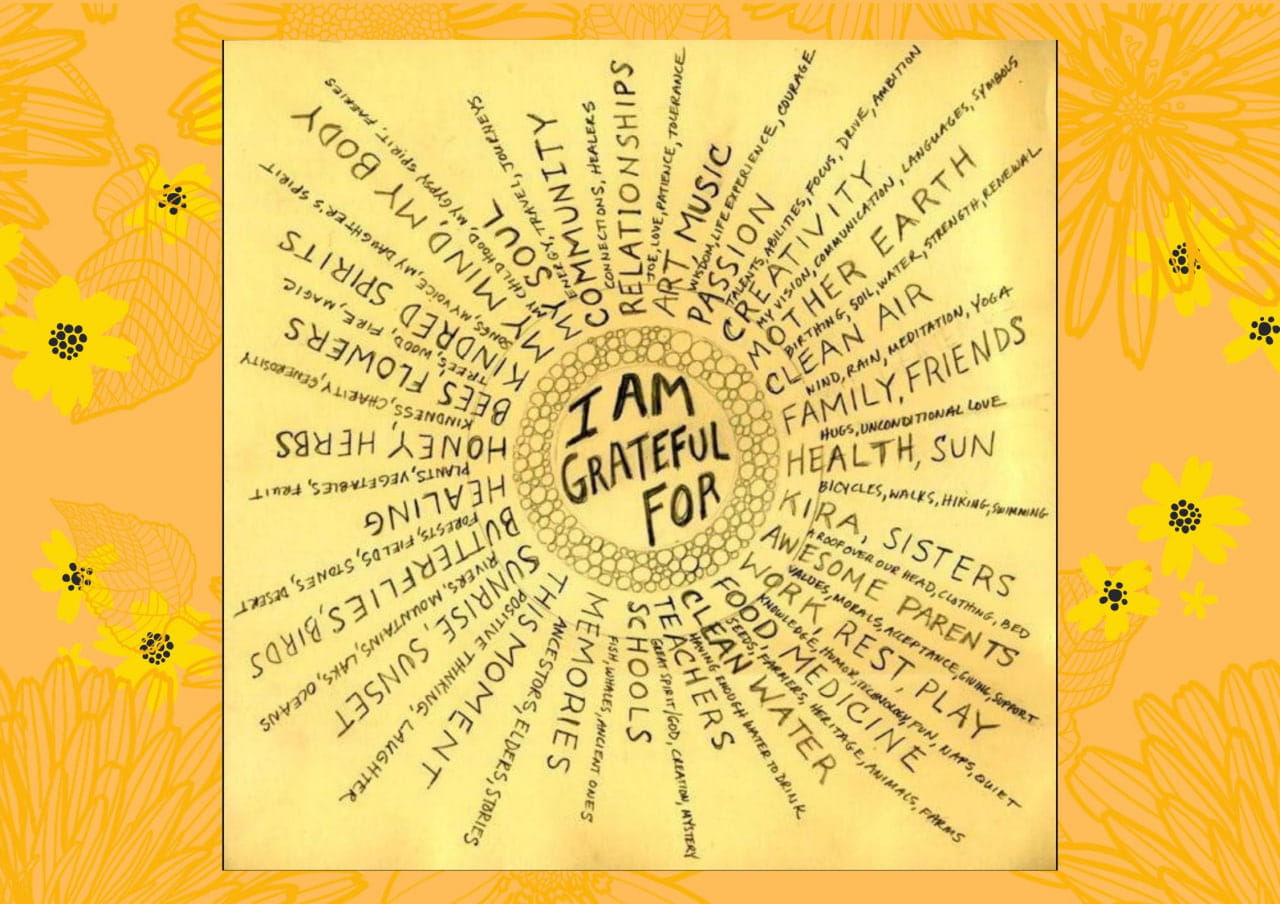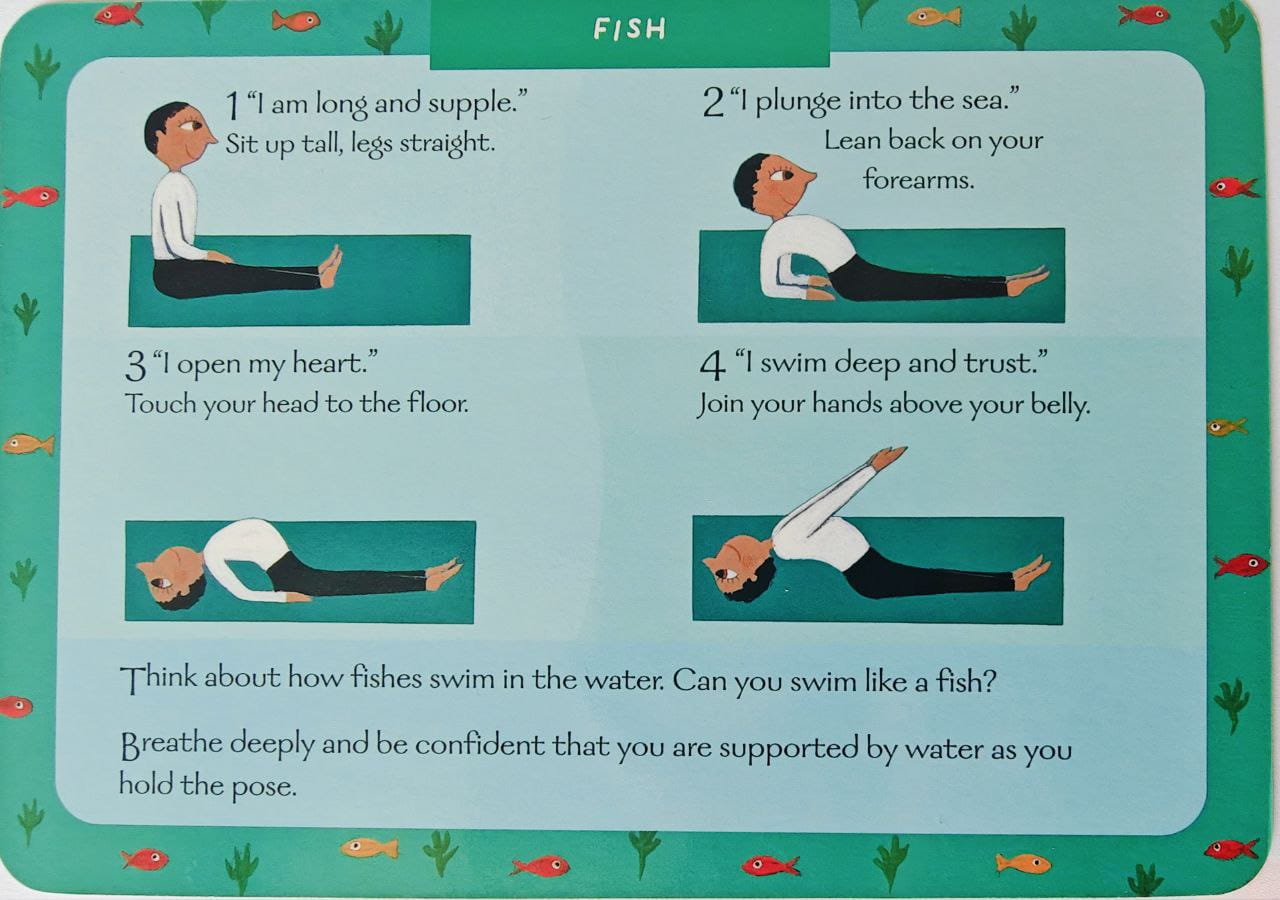Northbridge hosts Regional STEAM (Science, Technology, Engineering, Arts and Mathematics) meeting
This week I was involved in co-leading the latest Regional STEAM (Science, Technology, Engineering, Arts and Mathematics) meeting, held at Northbridge International School Cambodia. This is an opportunity for Nord Anglia Education STEAM leaders in our region (South East Asia, India and the Middle East) to share best practice and discuss the vision for STEAM in our schools in the coming years.
This week I was involved in co-leading the latest Regional STEAM (Science, Technology, Engineering, Arts and Mathematics) meeting, held at Northbridge International School Cambodia. This is an opportunity for Nord Anglia Education STEAM leaders in our region (South East Asia, India and the Middle East) to share best practice and discuss the vision for STEAM in our schools in the coming years.
For me, personally, this was a fantastic opportunity to meet and discuss excellent teaching practice whilst connecting it to a making mindset. This making mindset is promoted through our Nord Anglia Education/MIT partnership. These core learner profiles are based around thinking, being and doing:

One part of our meeting was to explore our school and enjoy the making culture that we, as a community of educators and parents, are establishing. This involved our very curious EL3 learners as they inquired into what is possible with blocks of ice. They evolved their working theories (find out more by reading Ms Trina’s blog here) as they spent more time working with the ice.
We also got to show off the exciting space and learning of the Grade 5 classes. We had our doors open across the whole grade as students were working in groups to create and test parachutes to answer the question of: ‘Which shape can make the parachute travel the slowest’. Whilst the students were very engaged in the science, maths and engineering of the parachutes, we, the teachers, took this opportunity to identify and share with the students the skills that were being developed during the investigation.
We focused on the communication skills between students, their research skills of observation and data collection, and their self-management skills (particularly organisation). Our colleagues really enjoyed the way we had two of the teachers as support for the students and one teacher identifying/assessing the learning. This use of assigning specific roles amongst the teachers was seen as a simple and effective use of resources.
Finally, on a personal level, I found this experience to be an exciting and invigorating experience. The knowledge and creative thinking of our regional colleagues has inspired us to continue to give these great learning opportunities to our students.
It is clear that we, NISC, have a quality STEAM programme, but there are still so many opportunities for learning and growth to come. I look forward to leading more STEAM activities and units in this second semester. Remember to keep encouraging your children to be curious, flexible and reflective thinkers. These STEAM skills can be applied anywhere and in any job!







